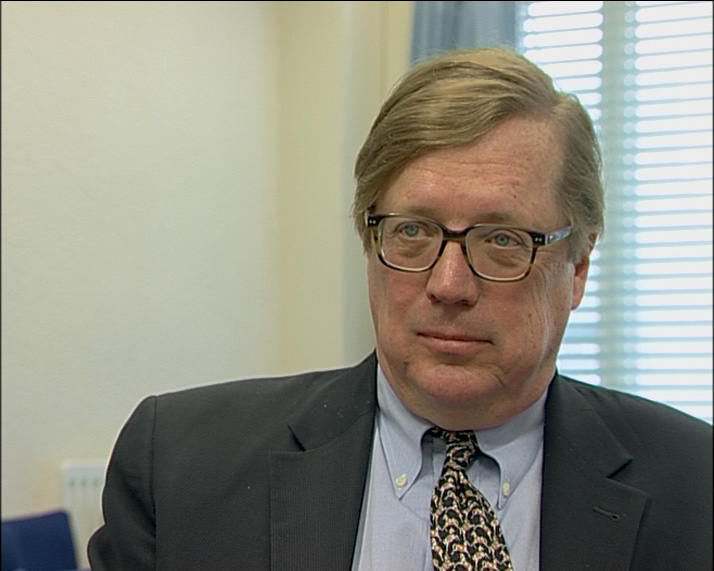20 april 2016
David Scheffer
United States Ambassador-at-large for war crimes issues(1997-2001)
Length: 32 minutes
I have written myself and published criticism of the judgments in Gotovina, in Perišić, and Stanišić. I just think on matters of substantive law and the analysis of the law that those were very unfortunate and mistaken judgments.
American jurist and diplomat David Scheffer, the first United States Ambassador-at-Large for War Crimes Issues in President Bill Clinton's Administration, speaks about his role in establishing ICTY and about the circumstances that thwarted his appointment as the judge of the Tribunal in January 2000.
